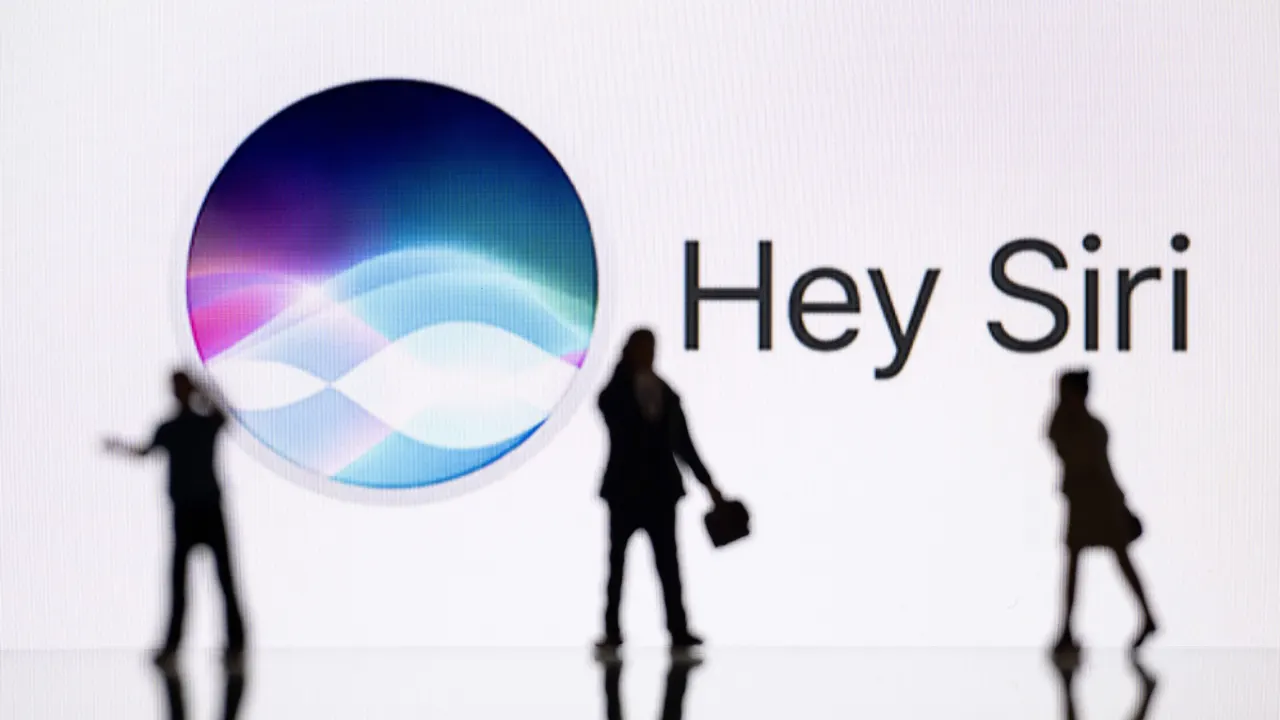
Apple, which has built its brand on data privacy, this week settled a series of lawsuits in which the plaintiffs alleged that their iPhones’ Siri voice assistant eavesdropped on their conversations to target them with ads.
The iPhone maker (initially) agreed to pay $95 million to settle the case after five years of legal wrangling. The lawsuit alleged that users’ “information was obtained by Apple and/or shared with third parties as a result of unplanned activation of Siri without their consent.” The class action lawsuit includes three primary plaintiffs, one of whom is a minor. The plaintiffs’ lawyers say the class could include “tens of millions” of Apple customers who have purchased Siri devices since 2014. Two of the lead plaintiffs claim that they saw the ads directed at them soon after they spoke out about Air Jordan sneakers and Olive Garden restaurants. Reuters reports that these products. Another person said that after personal discussions with their doctor, they saw advertisements for surgical treatment.
Apple has resolved without admitting any wrongdoing. But the ruling leaves open the possibility that the company is not entirely innocent, and falls short of Apple’s usual strong defense of the privacy rights of its customers’ data. It also lends credence to the widespread consumer hypothesis that our phones are listening in on our conversations to look for phrases that might actually indicate interest in a particular product.
This belief is so widespread that during a 2018 congressional hearing, Mark Zuckerberg was repeatedly asked whether Facebook was listening in on users’ phones. He denied it. No major tech company has crossed that line, which would be a huge breach of privacy. (Not that the idea hasn’t been floated: Cox Media Group’s marketing geniuses told advertisers last year that it could listen to customers through microphones embedded in their smartphones, smart TVs and other devices to gather information about them and serve them targeted ads, 404 Media informs.)
Contributing to the “don’t listen to the iPhone” story is a lack of understanding of how far the ad tech industry has advanced in ad targeting practices. When a consumer demonstrates interest in a product on any other device (such as by watching a related YouTube video on a laptop), they may believe that the verbal comment triggered the ad on their phone. Ad technology firms can track a user across devices and communications networks and infer product interest based on our physical location (e.g., near a car dealership). In fact, they can even infer product interest from our proximity else user, assuming we share the same product interests as close people. In short, things got creepy.
Reuters noted that the $95 million settlement equaled Apple’s profit in about nine hours of trading, adding that Apple earned $93.74 billion in its last fiscal year. (Google is defending a similar lawsuit in federal court in San Jose, with the same law firms representing the plaintiffs as in the Apple case.)
For Apple, which has pushed the “privacy is a human right” narrative for years, settling the class action out of court will surely show many that the “iPhone eavesdropping” belief has at least a kernel of truth and feed consumers. concern about the erosion of privacy in modern life. And it comes at a time when conspiracy theories are bigger than ever, and distrust and resentment of big corporations is on the rise.
